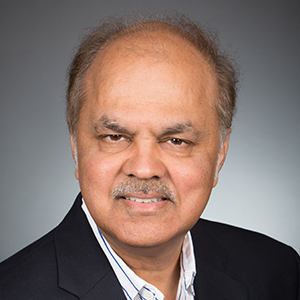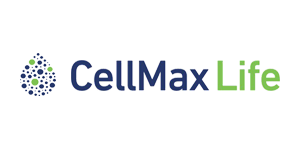Session Chair Profile
Biography
In 2012, as an Entrepreneur in Residence at a leading Silicon Valley Venture Firm, Artiman Ventures, Atul Sharan co-founded CellMax Life, applying semiconductor industry principles to a proprietary Circulating Tumor Cell (CTC) bio-mimetic CMx platform to develop affordable, clinically proven blood-tests for Early Cancer Detection and Treatment. He was motivated to start CellMax as two members of his family have been diagnosed with cancer – one of them was diagnosed with breast cancer within two weeks of receiving a conclusively negative mammogram. Atul is a veteran of the high-tech industry with experience as an engineer, serial entrepreneur, CEO and angel investor. He specializes in identifying unmet market needs and matching them with early stage technologies to achieve dramatically better results than prevailing standards. He has done that successfully multiple times: AutoESL (acquired by Xilinx); ClearShape Technologies (acquired by Cadence), Numerical Technologies (Nasdaq IPO; acquired by Synopsys); Ambit Design (acquired by Cadence). Atul holds a BS in Engineering from IIT-India; MS in Engineering from UH, Texas and an MBA from UC-Berkeley.
Presentation Title and Company Description
Liquid Biopsy Showcase: CTC For Affordable Accessible Early Cancer Detection
CellMax Life has developed the proprietary CTC platform CMxTM, to enable Early Cancer Detection. CMx tests are routine blood-draw based, globally affordable, with high sensitivity & specificity demonstrated in >1000 clinical samples. Commercially available in Asia and collaborating for our US Early Access program.
Session Abstract – PMWC 2018 Silicon Valley
Session Synopsis: With numerous liquid biopsy tests now available its timely to consider their clinical utility and economics. Should CTCs and other bio-markers also be an integral part of any liquid biopsy? What about ‘blood-tests’ for early cancer detection? Should therapy selection be more intelligent & efficacious using predictive computational analysis? Is there a way to use these technologies to optimize the use of prohibitively expensive drugs?






